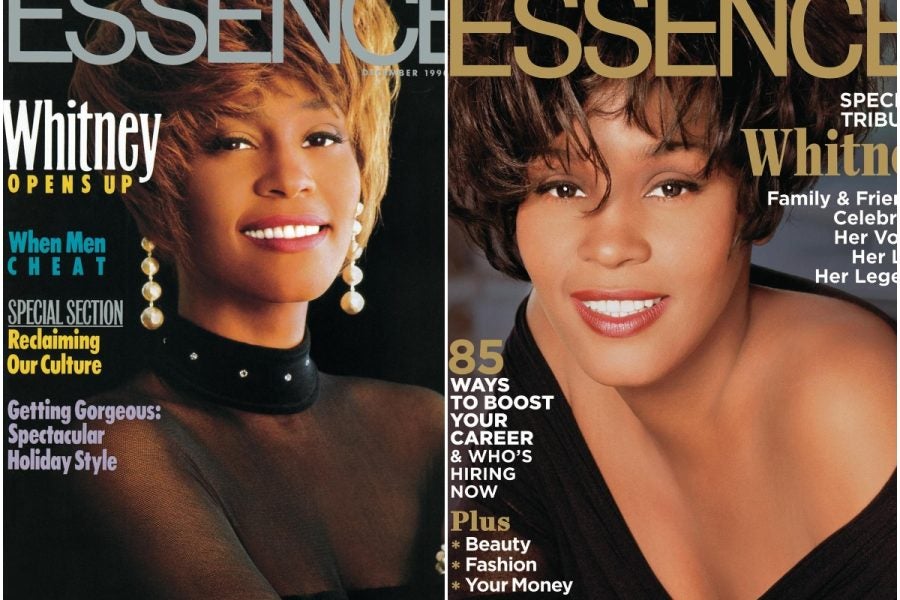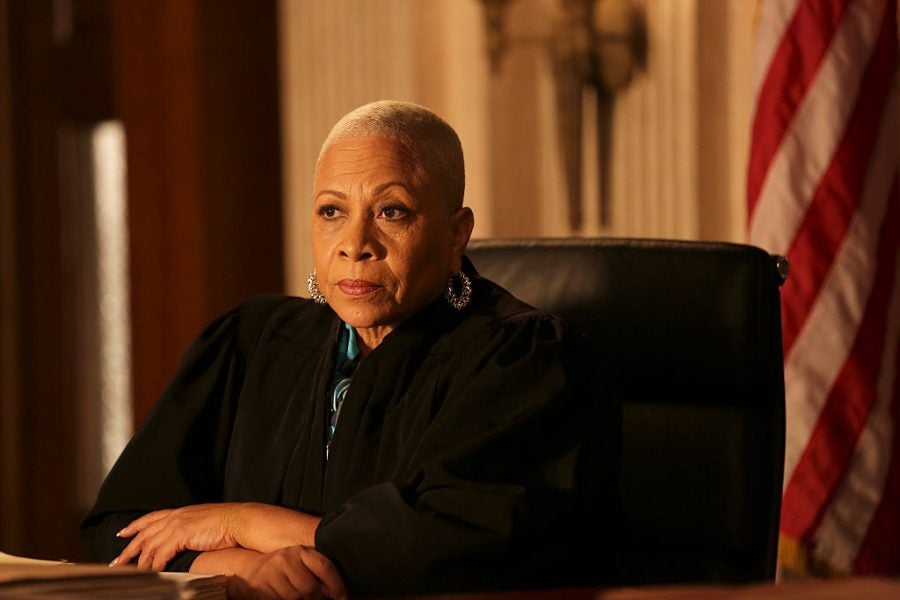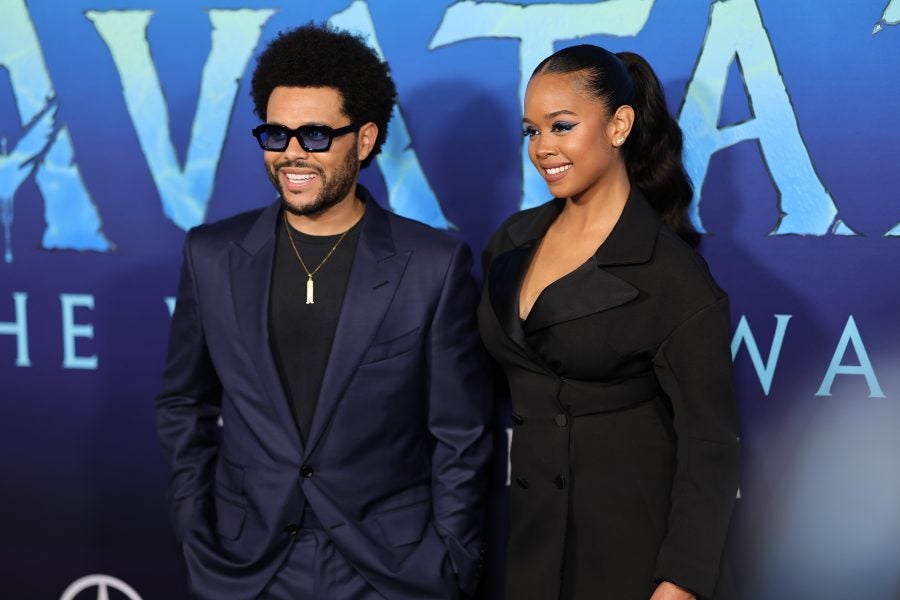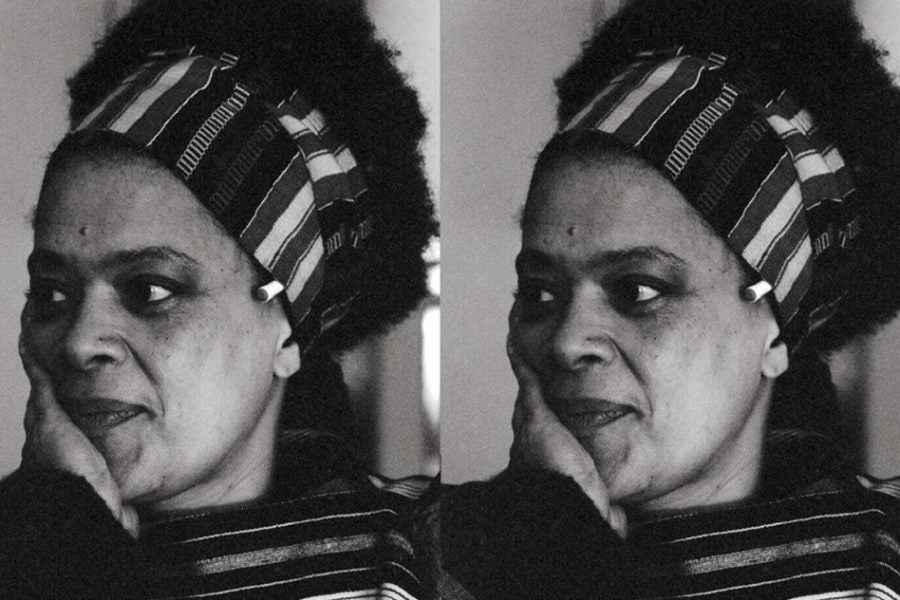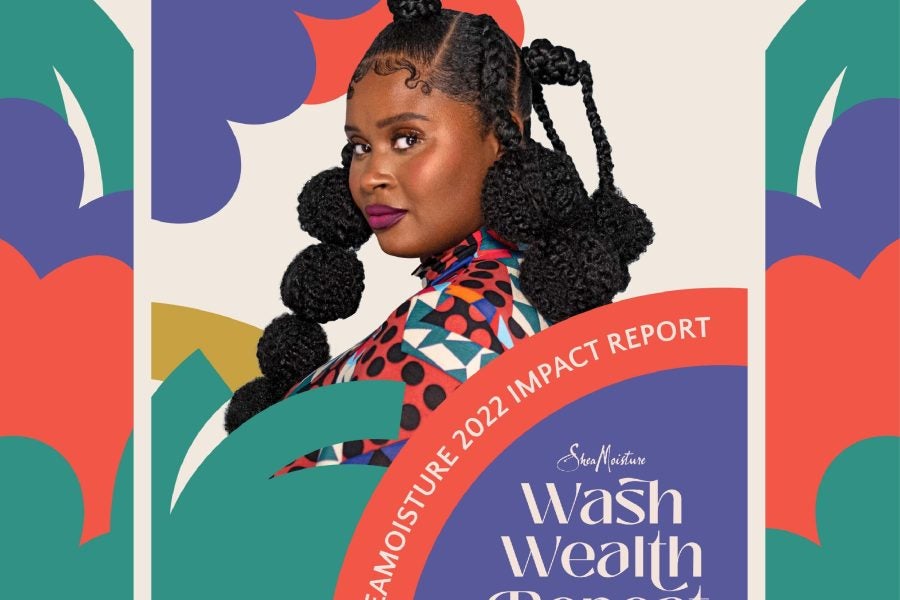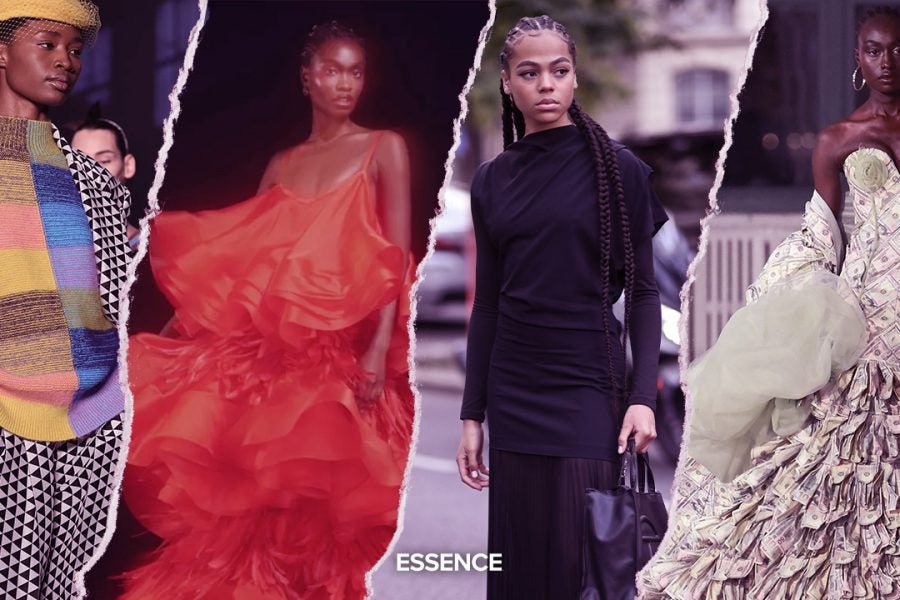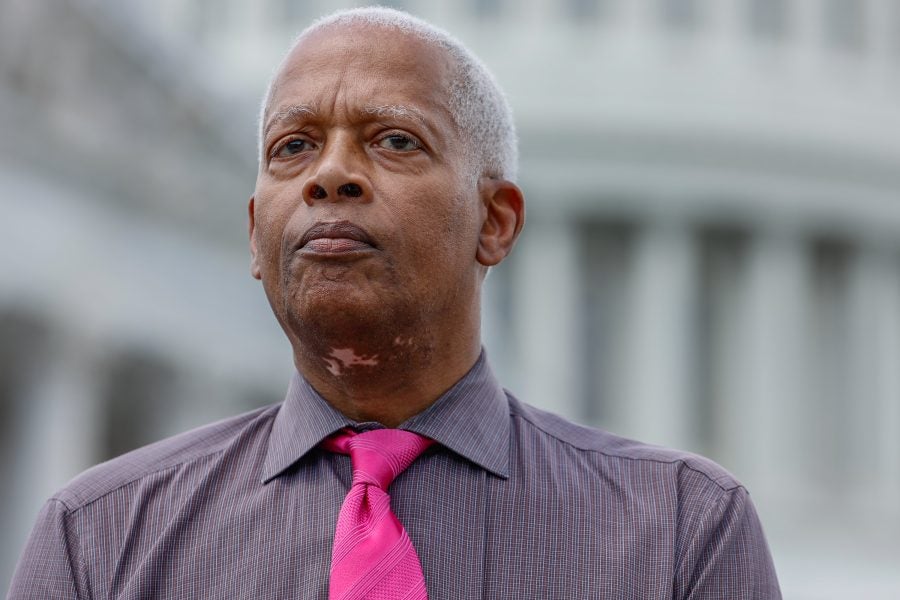
Last Wednesday, U.S. Rep. Hank Johnson (D-GA) introduced a bill entitled the Restoring Artistic Protection (RAP) Act, which would prohibit “evidence of a defendant’s creative or artistic expression” from being used against them during a criminal case.
This bill’s introduction occurred after lyrics authored by Young Thug, a rapper hailing from Atlanta, were employed during the indictment against himself and emcee Gunna, in addition to 20 fellow associates in a Georgia Racketeer Influenced and Corrupt Organizations (RICO) case, who now face serving a 20-year-long prison sentence.
The bill language does carve out exceptions, allowing for the use of lyrics if they “intended a literal meaning” and if they “refer to the specific facts of the crime alleged…is relevant to an issue of fact that is disputed…[and] has distinct probative value not provided by other admissible evidence.”
Dina LaPolt, a renowned attorney, has been outspoken on this issue, and according to her research, more than 500 cases have utilized lyrics during proceedings and been admitted during adjudication to find defendants’ guilty since 2020.
University of Richmond professor Erik Nielson has been a longtime advocate for criminal justice reform, and believes that passage of the RAP Act could have a profound impact on the system. Nielson’s scholarship has shown that only rap lyrics are being predominantly used against artists, in large part due to the form and function of a system built to incarcerate Black and Brown defendants.
Rep. Johnson believes this bill is rectifying issues surrounding the first amendment’s right to freedom of speech, releasing a statement, “Without further Congressional action, the freedom of speech and of artistic expression present in music will continue to be stifled, and that expression will be chilled, until the voices behind that protected speech are silenced,” per CNN.
Rep. Jamaal Bowman (D-NY), who co-sponsored the bill, referenced the distressing story of a 17-year-old who was sentenced to life in jail after a rap lyric was entered into evidence and used in part to convict him, stating “We cannot imprison our talented artists for expressing their experiences nor will we let their creativity be suppressed.”
The statement also referenced lyrics from Queen, Bob Marley, and Johnny Cash, indicating that their words were not confessions, for example Marley didn’t own up to shooting a sheriff in the famous song.
Heavy hitters in the music industry have also come out in droves supporting this bill, which include the Recording Academy, the Black Music Action Coalition, SAG-AFTRA, Sony Music Group, Atlantic Records, 300 Elektra Entertainment, Warner Music Group, and the Universal Music Group, to name a few.

